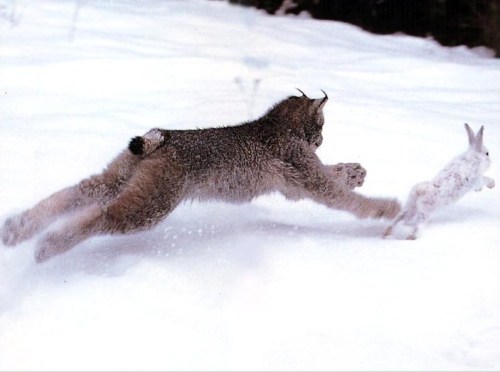UML Library is pleased to announce the launch of a new institutional repository, UMass Lowell RAD (Research, Archives, and Data)!
UML Library is pleased to announce the launch of a new institutional repository, UMass Lowell RAD (Research, Archives, and Data)!
"Predatory journals solicit articles from researchers through practices that exploit the pressure on researchers to publish. Features of predatory journals include rapid pay-to-publish models without rigorous peer-review, fake editorial boards falsely listing respected scientists, fraudulent impact factors, journal titles that are deceptively similar to those of legitimate journals, paid review articles that promote fake science, and aggressive spam invitations to submit articles, including outside of a researcher’s expertise. Furthermore, it is common practice for predatory journals to exploit the “author-pays” model of open access for financial gain."
-Combatting Predatory Academic Journals and Conferences published by InterAcademy Partnership
Avoiding Predatory Publishers
University of Colorado Denver librarian and researcher Jeffrey Beall coined the term "predatory publishing." Predatory publishing is an exploitative business model which preys upon academic publishing. It involves charging publication fees to authors without providing the editorial and publishing services associated with legitimate journals (open access or not).
This guide will help you identify and avoid predatory journal publishers, and it will also help you discover and approach the best journals that serve our scholarly communication needs.
Use Cabells to find Journal Ranking. UML does not subscribe to the Cabell's "Predatory Reports", but you can check Cabell's "Journalytics" to see if it includes a particular title, and also refer to Cabell's list of journals which have been removed from the Journalytics list.
❖ Predatory journals are almost never widely read, causing your work to be ignored.
❖ Including a an article in a predatory journal in your CW or resume could be not just neutral but detrimental, giving a bad impression of you.
❖ Predatory publishers could suddenly disappear resulting in any legitimate research you did to be lost.
❖ Articles accepted by predatory journals would be considered previously published, so that legitimate publishers will be unwilling to accept them even if the predatory publisher released them for publication elsewhere.
❖ They do not distinguish between authentic research and bogus work, thus harming scholarship.

University of Massachusetts Lowell
University Library
O'Leary Library: (978) 934-4554 Lydon Library: (978) 934-3208
